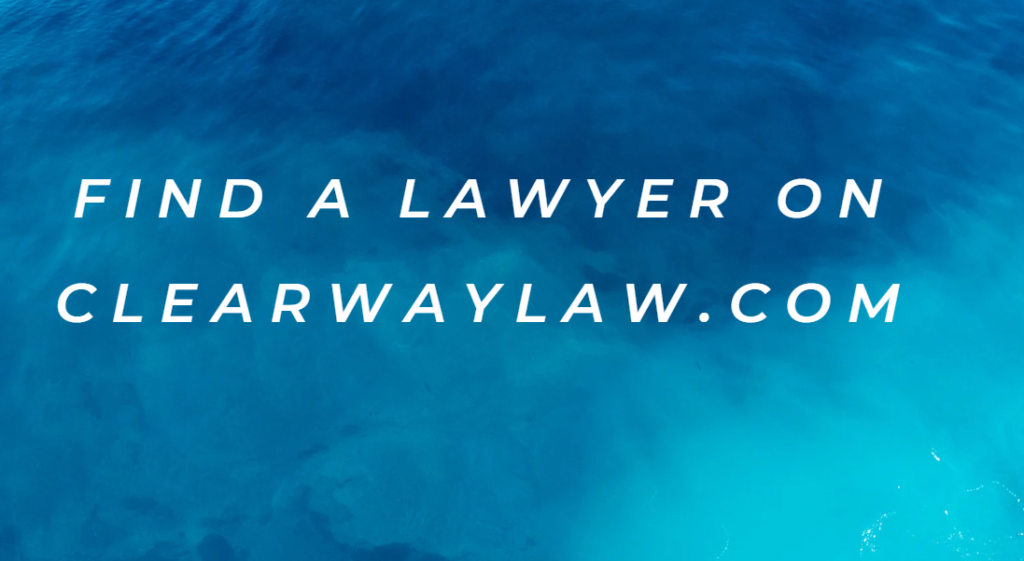What should you do when someone is saying they will share your nudes? With more and more people all over the world living their lives increasingly online, the digital age of the internet has developed many dark sides that few may have anticipated in its early days.
Cybercriminals operate with near impunity behind a veil of online anonymity, committing all kinds of frauds and scams through emails and social media platforms as law enforcement agencies struggle to keep up with the ever-evolving criminal landscape involving computer-based offences.
But an area of growing concern for policymakers, citizens, and members of law enforcement is the rise of so-called sextortion or revenge porn schemes where victims have intimate photos posted online without their consent. Whether targeted by malicious hackers who steal intimate images or by an ex-lover hellbent on revenge after a messy breakup, victims of this type of blackmail are virtually powerless to stop their intimate images from being posted on the internet for all to see.
Particularly for women, having their nude photos leaked online can have devastating personal and professional consequences, not to mention the psychological trauma of having their trust and privacy violated in such a public and callous way.

Celebrity sex tapes
Whether it’s the leak of a celebrity sex tape or a topless photo of a public figure, the widespread sharing of intimate images online and over smartphones has become somewhat normalized and seen as a part of everyday life. But it’s not only celebrities and politicians that are under threat of having their nude photos leaked for the whole world to see.
As the nature of intimate relationships changed with the advent of dating apps and social media networks, the casual sharing of such images has become common practice amongst prospective partners. The tendency to blame a victim of revenge porn for taking the pictures in the first place has rightfully been supplanted by laws and public policies recognizing that non-consensual sharing of intimate images is the fault of perpetrators, not those who share their pictures in confidence with whomever they want.
Moreover, just the threat of a leak of an intimate image can cause intense emotional distress and mental anguish. Obviously, if you’re the victim of blackmail or extortion involving threats of leaking nude photos, calling the police and reporting the crime is likely a wise first step.
However, many people may feel ashamed and embarrassed, and instead, opt to comply with the demands of their abuser to stop the leak. In those cases, though, there’s no guarantee that a scammer or spurned ex-partner won’t just keep coming back for more, holding the images hostage as leverage over their intended victims. So what should you do if someone threatens to leak your pictures?

Revenge Porn Laws Around the World
Over the last decade and a half or so, dozens of countries have passed laws criminalizing the non-consensual sharing of intimate images including Canada, the United States, New Zealand, the Philippines, Japan, Israel, France, Spain, and the United Kingdom. Most American states have passed their own laws against revenge porn, yet the global reach of the internet has posed a number of problems bringing perpetrators to justice given the jurisdictional boundaries that put them beyond the reach of local law enforcement.
Some cases involve spurned ex-partners posting nude photos out of spite, while others involve organized criminal networks that use revenge porn threats as a means of extortion, especially against young people.
In Canada, for instance, the country has set up an online tip website to report sextortion and other cybercrimes that offers tips to people who are being victimized. Incidents of sextortion against youth increased by 150 percent between December 2021 and May 2022, according to the website.
Sending intimate images
Interestingly, more than 85 percent of the tips were from boys, who get targeted for money by organized crime, while girls who are victimized report being blackmailed into sending even more intimate images. Most of the cases involve contact on Instagram and Snapchat, the website says.
Most cases involve young males who are tricked into thinking they’re chatting online with a girl who initiates an exchange of sexual content. Once the victim reciprocates, the extortion begins demanding money by threatening to post photos or videos and send them to friends and family.
But the tip line website urges people not to comply with an extorter’s demands, instead stating they should “immediately stop all communication” with the perpetrator and report the crime either online or to local police. It also advises victims to deactivate but not delete any accounts where the communication occurred, while also preserving any evidence such as screenshots of any conversations.

Victims of sexual extortion
The Australian government also has an online safety portal recommending similar measures for victims of sexual extortion schemes online. It urges people to report and block any accounts to social media services if they’ve been the attempted victim of a sexual image-based extortion scheme, as well as urging people to never give in to threats “because they will probably just keep asking for more.”
Since 2015, the United Kingdom has had a UK Revenge Porn Helpline for victims of sextortion attempts, which operates a non-profit dedicated to stopping “non-consensual intimate image abuse.” The organization’s website allows people to assign a “hash” or “digital fingerprint” to intimate images that have been posted without consent.
The unique identifying information is then shared with member companies that work to scrub the images from their platforms. The organization claims it has a 90 percent removal rate, boasting of having more than 200,000 revenge porn images removed from the internet.
Conclusion- When someone says they will share my nudes
Having your nude photos posted on the internet without your permission is not only distressing but also a crime in most places. It doesn’t matter if it’s an ex-boyfriend threatening to post them, or a hacker who has stolen your intimate images since the effect is the same whether they’re seeking money or simple revenge.
They’re attempting to weaponize the shame and guilt and embarrassment you may feel as a result against you. By refusing to give in, stopping all contact, and reporting them to the police, you may still feel powerless to stop them but at least you can take solace in taking action and denouncing the abuse and victimization that will only continue unless people and policymakers stand up to stop rampant harms being perpetrated online.
If you get stressed when someone says they will share nudes, you can hire a law firm to send a cease and desist.











